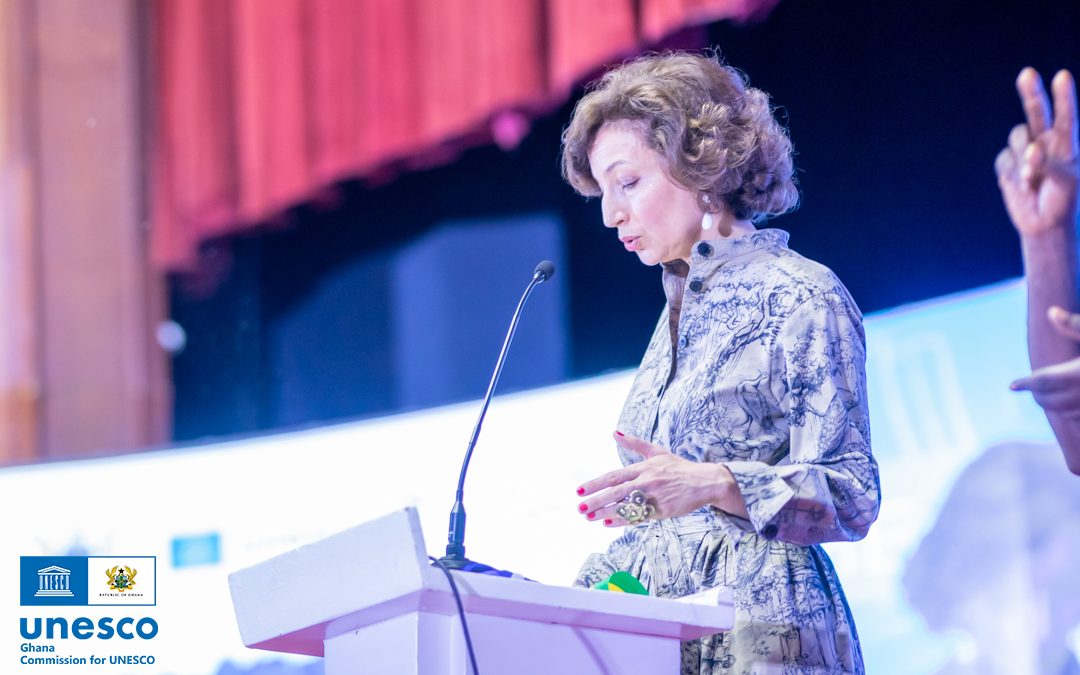- Login to ASPnet | Ghana Commission for UNESCO | Government Agency Responsible for the coordination of Ghana's contributions to and presence at UNESCO
International Day for Universal Access to Information 2023

Message from Ms Audrey Azoulay,
Director-General of UNESCO,
on the occasion of the International Day for Universal Access to Information
28 September 2023
As declared by the former Secretary-General of the United Nations, Kofi Annan, “information and freedom are indivisible.” He said, “the information revolution is unthinkable without democracy, and true democracy is unimaginable without freedom of information.”
Indeed, information plays an essential role in democratic societies. It helps debunk lies and counter disinformation; it undermines hate speech and encourages intercultural understanding. It helps combat extremism, promote informed decision-making and enhance transparency and accountability.
However, for information to play such an instrumental role, all people must have equal access to it – and countries must adopt constitutional, statutory and political guarantees to make this possible. According to our current figures, just over two-thirds of United Nations Member States have done so.
For this reason, UNESCO works to protect and promote access to information as a fundamental human right and an essential step towards attainment of the Sustainable Development Goals. As part of these efforts, the United Nations General Assembly proclaimed 28 September as the International Day for Universal Access to Information – recognizing its role in development, democracy and equality.
This International Day focuses on the challenges and opportunities of accessing information, including the role played by the Internet in this process. Digital technologies shape the way we communicate and access information globally – yet in Africa, for example, only 40 per cent of people use the Internet, compared to 66 per cent globally.
We must therefore not only accelerate and enhance efforts to make the Internet accessible. We must also work to ensure that all individuals are able to seek, receive and relay information, and engage in democratic processes.
This means offering content that is diverse and available in multiple languages. It also means fostering skills such as media and information literacy so individuals can critically and effectively engage with content – another significant challenge in this digital age.
Today’s societies need inclusive access to information to build just, peaceful, and sustainable futures. UNESCO therefore calls on countries around the world to embrace information as a global public good.
